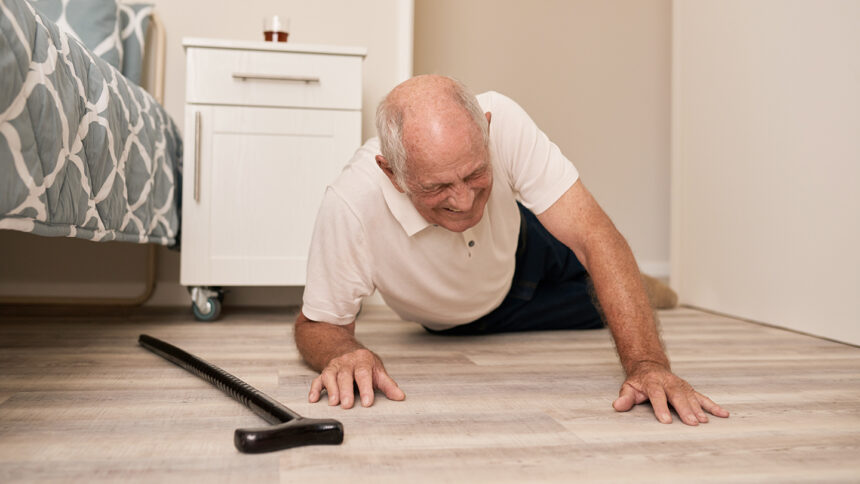
A recent study explored the effects of blood pressure medications in older nursing home residents who aren’t expected to live long. Researchers found these individuals generally have similar rates of falls and cardiovascular events after starting any of the drugs. The study was published on Dec. 5 in the Journal of the American Society of Geriatrics.
Antihypertensive medicines include renin-angiotensin-aldosterone converting enzyme inhibitors (RAASi), amlodipine and thiazide diuretics. The researchers looked at Medicare fee-for-service beneficiaries who were living in nursing homes. They examined the use of the medication from claims between 2015 and 2018. Then the scientists linked that data with clinical assessments and data on falls, fractures and cardiac events from hospitalization data. All of the participants were followed from the day they started the medication until they disenrolled, passed away or until six months passed. The mean follow-up span was 5.3 months.
Researchers studied a total of 16,504 individuals; 9,574 were on RAASi drugs, 5,409 were on amlodipine and 1,881 were on thiazide. The mean age of participants was 83.5 years old and 70.6% were females.
Over the course of the follow-up period, 2% of people had a fall that caused injuries, 9.6% people experienced a major adverse cardiac event and 12.9% of the people died. The rates of cardiac events were similar in those on the blood pressure medicines. People stopped taking thiazides more often than other classes of the medicines, the authors found.
“Older adults with limited life expectancy experience similar rates of injurious falls and short-term cardiovascular events after initiating any of the first-line antihypertensive medications,” the authors wrote.
Previous research has found a risk between the medicines and an older individual’s risk for falling, while other evidence found taking the drugs lowered the risk for cardiovascular events in older adults.



